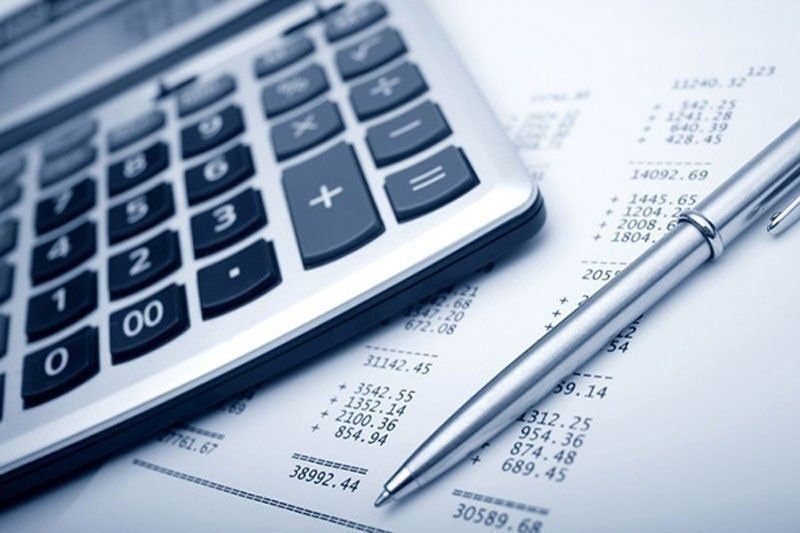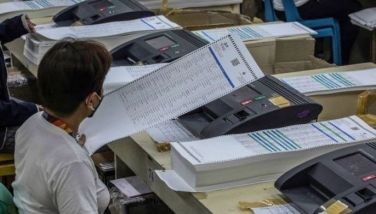Reconsider new junk food tax proposal, government urged

MANILA, Philippines — The Joint Foreign Chambers of the Philippines (JFC) is urging the government to reconsider proposals to impose new taxes on junk food and increase the existing tax on sugar sweetened beverages, as this would be burdensome to consumers and discriminatory to some businesses.
“While we recognize the need for government to boost revenues and support initiatives to improve the health and well-being of Filipinos, we recommend careful reassessment of any proposal to impose additional taxes that will be inflationary for Filipino consumers and discriminatory to certain businesses,” the JFC said in a statement yesterday.
“We believe it is not the right time to introduce additional taxes on products primarily consumed by middle and lower middle-class households because the country is still recovering from the pandemic and a prolonged period of high inflation,” it added.
Finance Secretary Benjamin Diokno recently announced that the Department of Finance and Department of Health (DOH) are pursuing a junk food and sweetened beverage tax to generate revenues while addressing diseases related to poor diet.
The proposed tax measure is expected to add P76 billion to state coffers and reduce consumption of junk food by 21 percent.
Under the proposal, the government plans to impose a P10 per 100 grams or P10 per 100 milliliters tax on pre-packaged foods lacking nutritional value, including confectioneries, snacks, desserts and frozen confectioneries, that exceed the DOH’s specified thresholds for fat, salt and sugar content.
Apart from the inflationary impact of the proposed taxes on Filipino consumers, the JFC also noted that the proposal would also affect micro and small enterprises that rely on selling these products as a source of income.
“Imposing additional taxes will only strain the capacity of businesses in affected sectors to continue operations and grow their businesses, especially when issues related to the supply of certain raw materials remain unresolved,” the group said.
It added that this could potentially reduce competition in the market to the detriment of Filipino consumers as well as of the overall economy driven by consumption.
“Instead, we recommend that the impact on consumption and health of the existing SSB (sugar sweetened beverage) tax imposed under Republic Act 10963, otherwise known as the TRAIN Law, be fully studied and presented before any additional taxes are imposed,” the group said.
“We also strongly recommend the prioritization of improvements to tax administration – such as in the proposed Ease of Paying Taxes Act – and nontax interventions as alternative, non-inflationary measures to raise government revenues and improve health outcomes of Filipinos,” it added.
The JFC is composed of the American Chamber of Commerce of the Philippines, Australian-New Zealand Chamber of Commerce of the Philippines, European Chamber of Commerce of the Philippines, Japanese Chamber of Commerce and Industry of the Philippines Inc., Korean Chamber of Commerce Philippines, and the Philippine Association of Multinational Companies Regional Headquarters Inc.
While expressing support for the proposed new taxes, the Management Association of the Philippines (MAP) earlier said that collections from them should be used to support research and development and production of cheaper nutritious food and food supplements.
“Yes, we support this measure but the money collected from the new tax should be earmarked to support and incentivize research and development, production and supply of cheaper food and food supplements with high nutritional value,” MAP president Benedicta Du-Baladad said in an earlier Viber message.
“If a tax is imposed to curb an unwanted behavior (the production and consumption of unhealthy food), then the amount raised from said measure should be used to further support the desired outcome – that is, to improve health by promoting and supporting the production and consumption of nutritious food and food supplements that are cheaper and easily accessible,” she said.
- Latest
- Trending




























